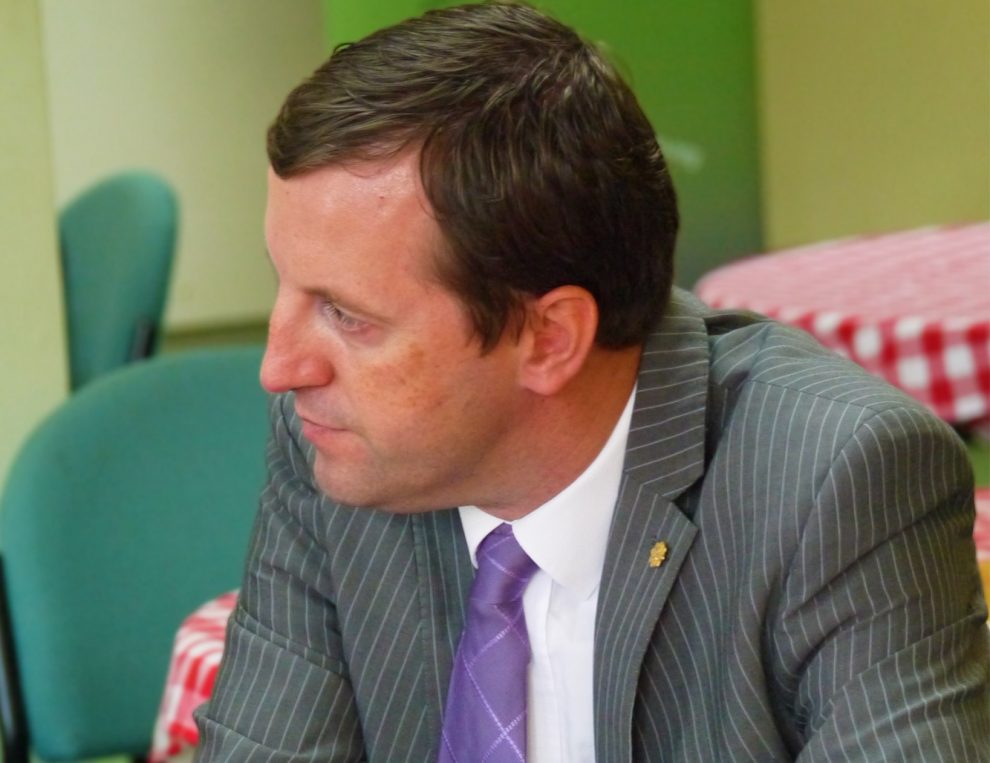FOR OVER a decade, in the face of a callous disregard for the consequences of slashing public investment, opposition politicians like myself argued against the Conservatives’ ideologically driven austerity agenda, writes Jonathan Edwards MP.
Last week at last, during the British Government’s Autumn Budget and Comprehensive Spending Review, we were promised a real-terms increase in the budget of each government department.
The Chancellor has, of course, been helped by less economic ‘scarring’ and a faster economic rebound from the pandemic than predicted and a package of tax rises which the Institute for Fiscal Studies (IFS) note is the largest package of revenue-increasing measures since 1993.
While this is undoubtedly a positive realignment within British politics, the scars that austerity has left on our communities will not fade overnight.
Even the tax cut on sparkling wine cannot gloss over the reality that the increase in the price of food, fuel, and goods due to rising inflation coupled with increased taxation and cuts to universal credit will hit people’s disposable income.
In their post-budget analysis, the IFS concluded that the Chancellor’s failure to put measures in place to help people deal with the increase in living costs will lead to low-income households feeling “real pain”.
Given that in Wales, disposable household income in 2019 was already only 80.5% of the UK average – the second-lowest in the UK – it is difficult not to conclude once again that Westminster’s economic policies are not designed with Wales in mind.
In a further hit to the Treasury’s sunny spin of a growing economy and a journey towards a high wage economy, the Office for Budget Responsibility (OBR) has predicted real household disposable income and wages will remain stagnant over the next few years.
That’s a continuation of the 13 years of sluggish growth in remuneration since the financial crash in 2008.
In more bad news for the Conservative benches, the OBR has also estimated that the permanent economic scarring of Brexit is forecast to be double that of the pandemic.
Given this concerning overall fiscal climate, it is incomprehensible that whilst countries worldwide begin moving towards comprehensive systems of wealth taxation, the British Government continues to promote a system that views vast disparity in personal wealth as a positive.
Another glaring omission was determined action to kickstart the green economic transition, which is remarkable given that the Budget took place on the eve of COP26 in Glasgow.
The Budget would have been the ideal platform for the British Government to lead by example as COP 26’s hosts.
Actions speak far louder than words but, instead of a wholescale package of measures designed to facilitate the transition to a zero-carbon economy, what the Chancellor delivered was a cut to Air Passenger Duty for domestic flights.
I fear the Budget was a missed opportunity that the Prime Minister will regret when he tries to persuade delegate countries to accept stringent carbon reduction targets.
A further gimmick thrown out by the Chancellor was the Charter for Budget Responsibility.
Its first condition that public debt as a percentage of GDP must fall each year ignores the need for urgent fiscal intervention in the case of emergencies.
If we face another pandemic lockdown, the rule will have to be thrown away immediately.
To end on a positive note, the Levelling Up Fund announcements, which accompanied the Budget, invested £17m in the Tywi Valley cycle path between Llandeilo and Carmarthen, one of only ten projects in Wales.
I was delighted to support this project, and I congratulate Carmarthenshire County Council on their work in putting the successful bid together.
Like Carmarthen, Wales has the resources, the potential, and the people to attract economic investment and improve the wellbeing of our communities.
We need the strategic, long-term investment we have so long been denied empowering us to deliver this vision.


















